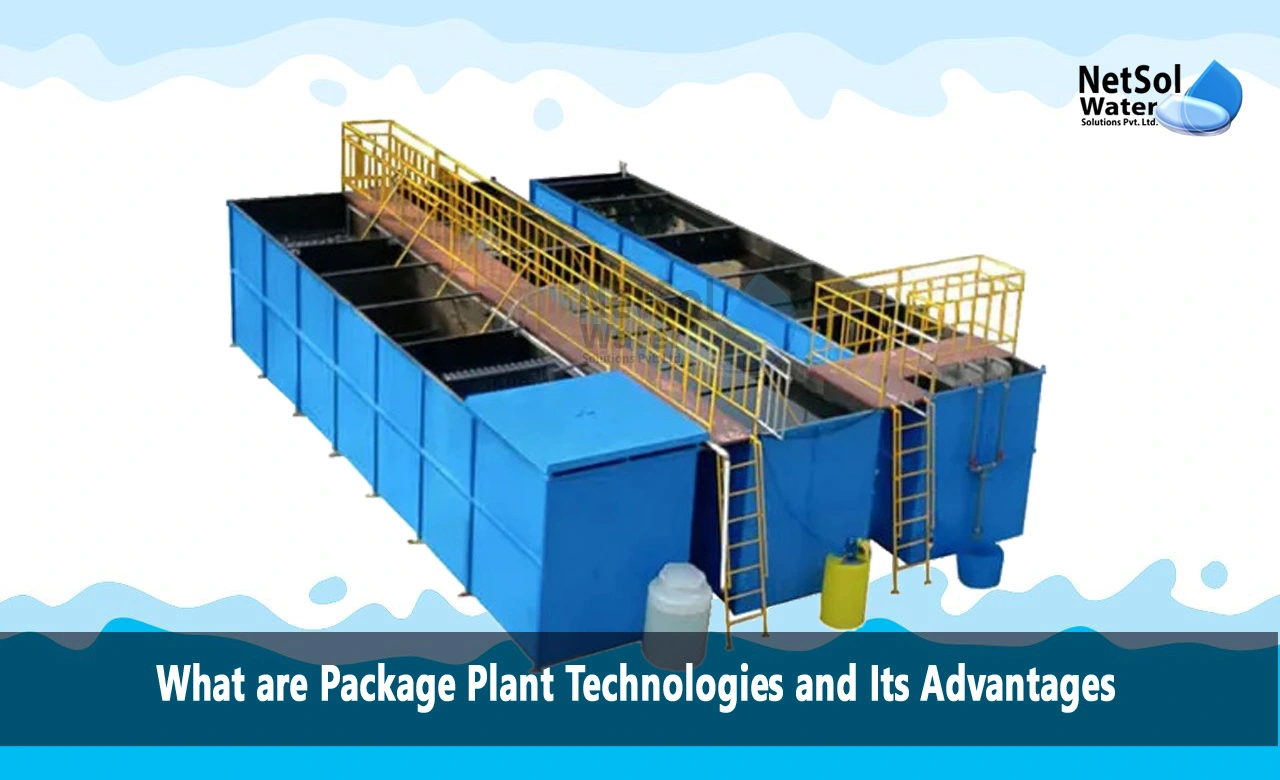What are Package Plant Technologies and Its Advantages?
Providing adequate and affordable water treatment plant across communities poses an enormous global challenge with underserved regions lacking modern sanitation access. However, conventional large-scale centralized facilities incur massive capital costs and prolonged construction timelines. Package treatment solutions offer faster, flexible and more accessible decentralized alternatives customizable to local conditions. These prefabricated water and wastewater plants achieve modular designs optimized for simplified installation and scalability. We will provides an overview of package plant technologies, discusses key advantages over traditional plants, examines typical applications, and explores technological innovations shaping next-generation solutions.
Overview of Package Treatment Plants
Package plants refer to water and wastewater treatment systems engineered, constructed and tested at an offsite facility before requiring transport and assembly at a final destination. The premade assemblies integrate components like screening, aeration, clarification, filtration, and disinfection equipment in a singular containerized unit or skid configuration tailored to targeted scale and treatment levels. These compact all-in-one process trains achieve capsulated mobility, replicability and plug-and-play commissioning advantages relative to field-constructed plants.
Simplified Design Elements
Package plants utilize simplified modular process elements able to meet full-scale functionality:
1- Equalization and Sequencing Batch Reactors: Handle fluctuating loads
2- Advanced Oxidation: Breakdown resilient organics
3- Biological Aerobic/Anaerobic Reactors: Filter media hosting active biomass
4- Secondary Clarification: Sedimentation and floatation
5- Tertiary Filtration: Sand, membrane and UV techniques
6- Sludge Processing: Digestion, dewatering and stabilization
7- Clean-in-Place Systems: Automated chemical cleaning
Scalable Configurations
Standardized plants serve thousands to over 100,000 population equivalents:
1- Micro Package Plants: 50 - 5,000 GPD
2- Containerized Plants: 50,000 - 250,000 GPD
3- Regional Plants: 0.5 – 20+ MGD
They can be conveniently multiplied as parallel units to achieve larger capacities. Global package plant utilization already exceeds millions of cubic meters treated daily and continues rapidly rising.
Key Advantages Over Traditional Plants
Package plant benefits over conventional field-constructed facilities include:
1- Lower Capital Costs: Streamlined permitting, design and construction
2- Faster Project Delivery: Months rather than multiple years
3- Simplified Installation: Minimal complex onsite construction
4- Weather Resiliency: Interior shelter from harsh environments
5- Scalability: Expandable by adding units in phased growth
6- Relocation Ability: Movable to other sites if needed
7- Process Control Integration: Automated monitoring and shutdown
8- Consistent Performance: Uniform off-site fabrication quality control
9- Operational Flexibility: Reconfigurable unit process arrangements
The combination enables affordable and quick sanitation deployments across previously struggling communities.
Typical Package Plant Applications
Package solutions flexibly serve an extensive range of treatment needs globally:
Municipal Wastewater
Rural villages, remote worksites, urban fringe development and coastal resorts lacking centralized infrastructure access
Industrial Wastewater
Mining operations, oil and gas fields, food processing facilities and commercial laundry needing onsite capability
Water Reuse
Projects requiring reliable and consistent decentralized purification for agricultural irrigation or oil refinery reclaimed water needs
Stormwater & Green Infrastructure
Sustainable drainage systems for commercial sites need tailored decentralized runoff treatment before environmental discharge
Emergency Deployments
Rapid disaster response temporary plants for communities with damaged infrastructure or developing refugee camp settings
The versatility supports both temporary and long-term reliability across civilian and humanitarian contexts.
Innovations in Package Plant Technology
Ongoing advances around modularization, hybridization and smart automation continue expanding package plant capabilities:
1- Flexible Process Modules: Libraries of interchangeable treatment trains with additive manufacturing streamlining fabrication
2- Hybrid Biological Combinations: Faculty membrane bioreactors, moving bed bioreactors and bioelectrochemical cells
3- Advanced Remote Performance Monitoring: Enhanced real-time sensor data and analytics with minimal onsite presence needed
4- Increased Energy Efficiency: Heat recovery, solar/wind integration and lower lifecycle demands
5- Water Reuse and Resource Recovery: Tighter recycling, nutrient harvesting and environmental resilience considerations
These critical innovations propel decentralized package plants as essential sustainable water infrastructure solutions worldwide.
Conclusion
In summary, engineered offsite package solutions enable affordable, scalable and rapid water and wastewater treatment plant deployments customized to local capacity needs, water qualities and site constraints. The prefabricated modular designs allow simplified installation relative to traditional stick-built facilities. Global communities are increasingly adopting containerized or mobile package systems as decentralized treatment schemes supporting improved public health for rural towns, industrial operations and disaster response scenarios. Continued technological advancements further bolster modular package plants as essential water infrastructure provision tools meeting current and future sustainable development challenges.
Do you need an advice or assistance on selecting the best water and waste water treatment unit? We have solutions for all your problems!
Let us know your problem, our experts will make sure that it goes away.
For an assistance or related query,
Call on +91-965-060-8473 Or write us at enquiry@netsolwater.com



